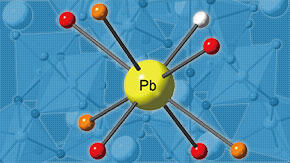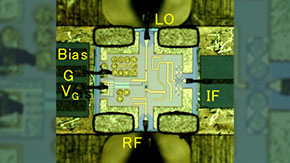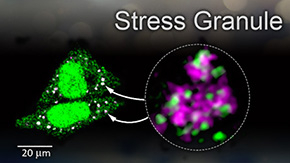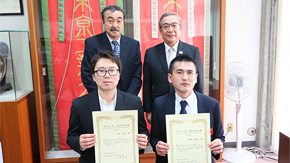Tokyo Tech Bulletin is an email newsletter introducing Tokyo Tech's research, education, and students' activities. The latest edition, "Tokyo Tech Bulletin No. 48," has been published.
To get the most recent news from the Institute directly to your inbox, subscribe to Tokyo Tech Bulletin now.
now.
SPECIAL TOPICS
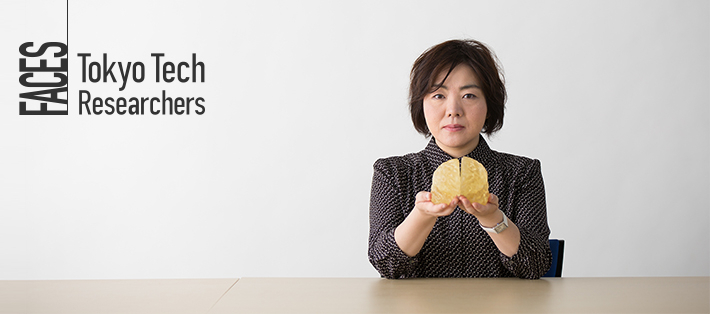
Takako Yoshida - Exploring the harmony of humans, robots, and AI
Advances in robotics and AI have led to an integration and expansion of interactions between humans and robots. With this, concerns regarding safety, usability, controllability and liability have also arisen. Takako Yoshida studies these issues from the perspectives of psychology and mechanical engineering.
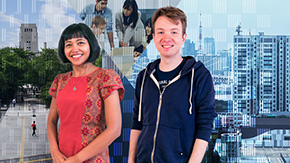
Why I chose Tokyo Tech
International students discuss their experiences at Tokyo Tech, their advice for prospective students, and their plans for the future.
Research
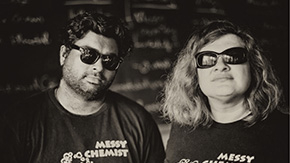
Messy Chemistry: A New Way to Approach the Origins of Life
In a lab on Ookayama campus, things are getting "messy". Irena Mamajanov (Earth-Life Science Institute - ELSI PI of Tokyo Tech) and Kuhan Chandru (previously ELSI Researcher - now, at University of Chemistry and Technology, Prague). Mamajanov leads an effort at the institute to study a new "messy" path to understanding how some prebiotic chemical systems led to building blocks of life on early Earth.
In the spotlight
. Any information published on this site will be valid in relation to Science Tokyo.




